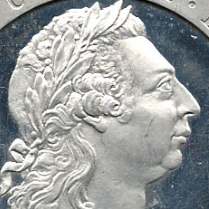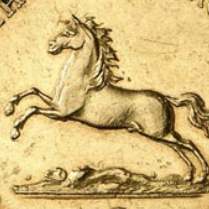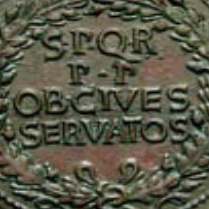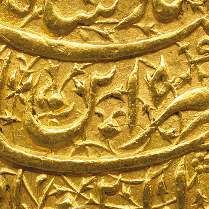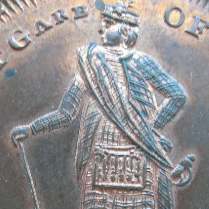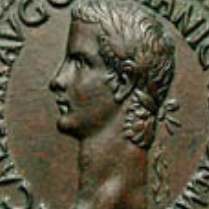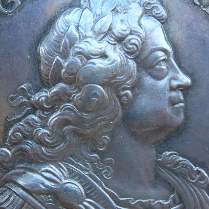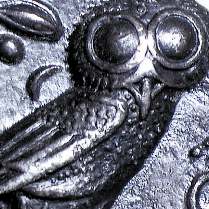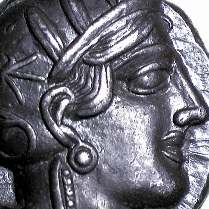The British Numismatic Association represents the interests of more than eighty firms located throughout the British Isles.
The Coin trade in Britain has come a long way since the British Numismatic Trade Association (BNTA) was founded 35 years ago, indeed this is true of numismatics worldwide, but the UK has certainly not lagged behind.
The whole field with which BNTA concerns itself has expanded marvellously. Thirty-five years ago there were three main areas - coins, commemorative medals and ODM (orders, decorations and medals), Now banknotes, share certificates and the like have added to the wealth of collecting interest, and it is increasingly common to find small antiquities, ancient cameos and gems (glyptics) being offered at coin fairs. Collector interest and prices have expanded in equal measure and the numismatic world has taken on a new glamour.
However, it was something far more pedestrian that gave rise to the BNTA - namely, VAT.
It is difficult now to recall the furore that the proposed introduction of Value Added Tax caused in the art, antiques and collecting world. It became clear that the coin trade required a figurehead to negotiate with the authorites. It was perceived that the politicians of the day did not clearly understand the effects their actions would have on a small section of the art and antiques trade.
Not only was VAT new but serious financial panics had brought in (or threatened to bring in) regulations concerning the private holding of gold, and naturally this included coins. What appeared below the politicians' horizon of vision was that coins then over 100 years old were valuable historic documents and bona fide collectors' items.
There was a fear that blanket regulations affecting gold coin s could result in the seizing of collectors' coins and, worse, their being destroyed by melting. Looking back, perhaps this fear was exaggerated, but it was very real to some at the time.
At the time the Philatelic Traders Association had produced a comprehensive handbook for the stamp world, but the coin trade had done nothing. The late Peter Seaby, of the eponymous firm B A Seaby, and Peter Mitchell, then managing A H Baldwin (and now a life honorary member of BNTA), had an initial conversation, and soon the BNTA was in operation, with Seaby as Chairman and Mitchell as Honorary Secretary.
Initially it was necessary to draw up a list of coins which were legal tender (eg sovereigns, krugerrands) because these are exempt from VAT. This was quite a tricky business as there were some borderline cases. However, the list was soon completed and agreed by Customs.
A meeting, to which any interested parties were invited, was convened at Glendinings and a Mr Parsons of Customs and Excise accompanied by two sidekicks, took to the rostrum. The meeting passed amicably and the numismatic trade went away better informed as to the correct interpretation of the law. It was noted at the time that Customs already seemed to know a good deal about the coin trade.
Good relations with Customs continue to be of great importance 35 years on, and members of BNTA regularly meet representatives of Customs and Excise for discussions on proposed changes in the VAT legislation and import and export procedures. In addition the BNTA is a member of various US and European numismatic associations, notably the Federation of European Numismatic Associations. The aim of this body is to work for a common system of VAT within the EU. Further, it is diligent in circulating details of stolen property and in early notification of the activity of forgers.
Forgery was also a threat to the good name of an old established and scholarly business three decades ago. Faking techniques were burgeoning and it was clear they needed to be tackled urgently.
The International Association of Professional Numismatists (IAPN) has been issuing their occasional Bulletin on Counterfeits, but something had to be done within the UK.
There had been two separate groups of forgeries of British coins and at the time they were dangerous. Both these groups are now well documented and are not threat to the prudent. Also at this time, forgeries of mainly late Roman gold coins were emanating from Beirut. Again, these are now well documented, but eternal vigilance on this front is essential.
At the moment it seems the main threat comes from Eastern Europe, especially Bulgaria, it is rumoured. So there were grave reasons for the creation of BNTA and its continuing vigilance.
